Backcasting is one of the key tools in the futurists’ toolbox. Pick a date in the future, decide where you want to be by then, and work back.
If you want to do this for the climate, you’re in luck. Scientists have been very clear – to have a 66% chance of avoiding the worst impacts of climate change by the end of the century, then we need to have reached net zero emissions by 2050 and halved our global emissions by 2030.
If you skate past that 66% bit – as everyone seems to do – then there we have it, a future goal from which we can backcast.
This tells us that that 2020s is the most critical decade for the climate – at the Climate Group we refer to it as The Climate Decade – and also that we need to take as much action as we can at the beginning of it for changes to roll through systems in scale by the end.
However, 2020 started with some catastrophic climate impacts. The wildfires in Australia and California – together with work from activists such as Greta Thunberg and those behind the Fridays for the Future campaign – were starting to show the consequences of inaction.
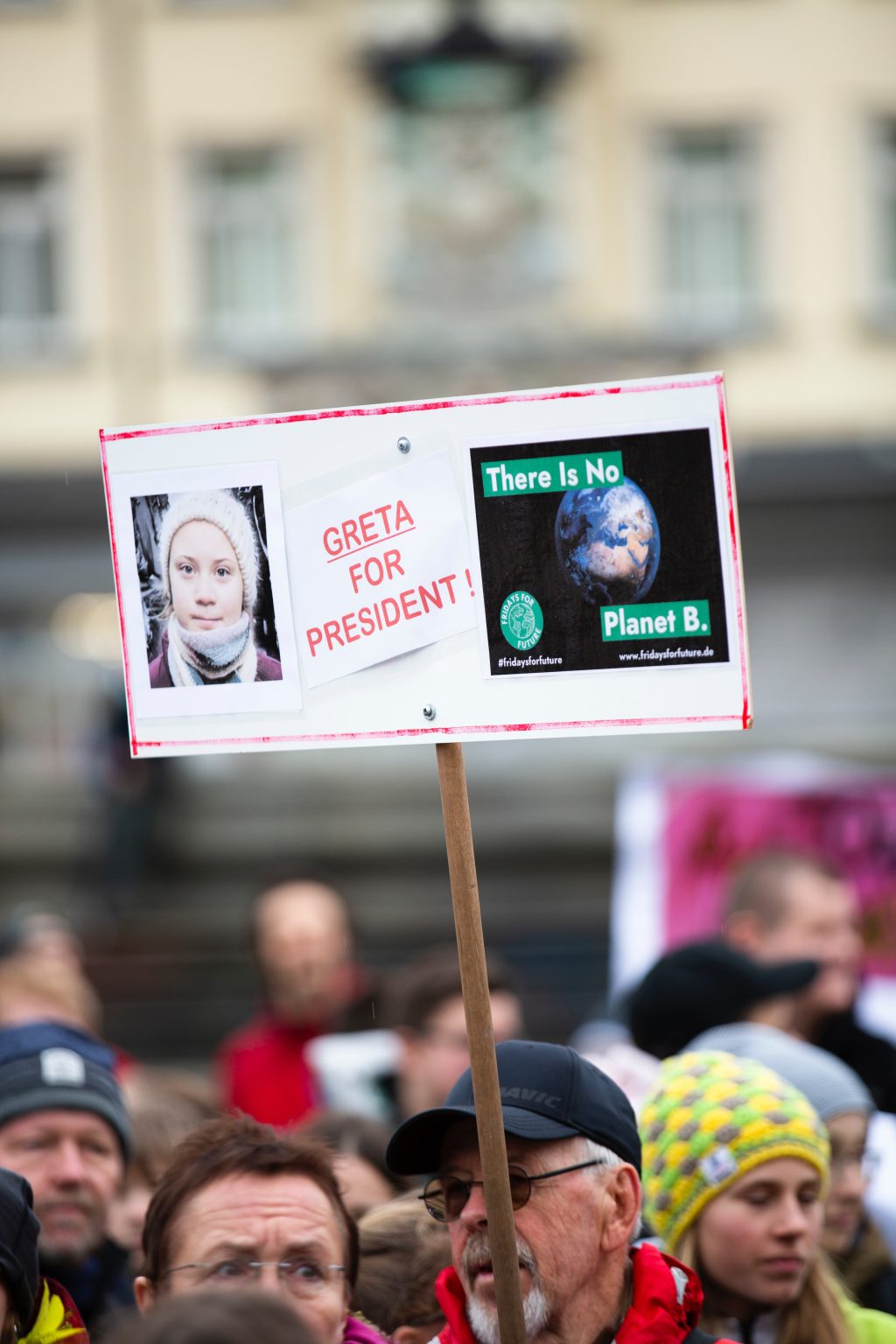
In any other year that would be the news we’d be talking about right now.
But another favourite technique in the futurists’ toolbox is to ‘throw in a wild card’ and see what happens. And I think we can say that 2020 has thrown us a wild card.
(Side note, I recently texted an ex-Forum colleague of mine: “do you remember in scenarios when we had a pandemic? It was always a short sharp shock, not the grinding tedium of rolling lockdowns and all becoming amateur epidemiologists…”)
The world is suffering the largest crisis of recent decades – one that affects our health, our societies, our economies and our livelihoods. Yet, as we’ve seen with the most recent fire-and-brimstone footage from California, Alaska and Siberia, climate change is not going to wait while we deal with COVID: someone recently said to me,
“COP26 might be postponed, climate change isn’t”.
So, we’ve still got to halve emissions against this backdrop. The 2020s are still the Climate Decade. It could seem insurmountable. But as another wise colleague said: “there is no silver lining to COVID, but there is a golden opportunity.”
Given that economic stimulus packages will be the biggest injection of cash into our collective economies that we’re probably ever going to see, there is an opportunity to put that money to use to build a different future. Governments and businesses are waking up to the idea that we don’t have to choose between recovering financially and recovering sustainably.
And that shows how far we’ve come since the financial crash of 08/09. I was working at Forum for the Future then, and we were very much told to wait our turn, not to muddy conversations about economic recovery with environmental messages – that the world would get around to the environment when the economy was stable again. We pretty much had to stop our work with the public sector altogether.
Thankfully we’re seeing signs that things might be different this time around. In just the past week for example, the UK Government announced first steps in a plan they’re calling “Build Back Greener”, which ultimately recognises that clean energy can generate jobs, cut energy bills and drive emissions cuts.
The other good news is, we have a lot of the answers.
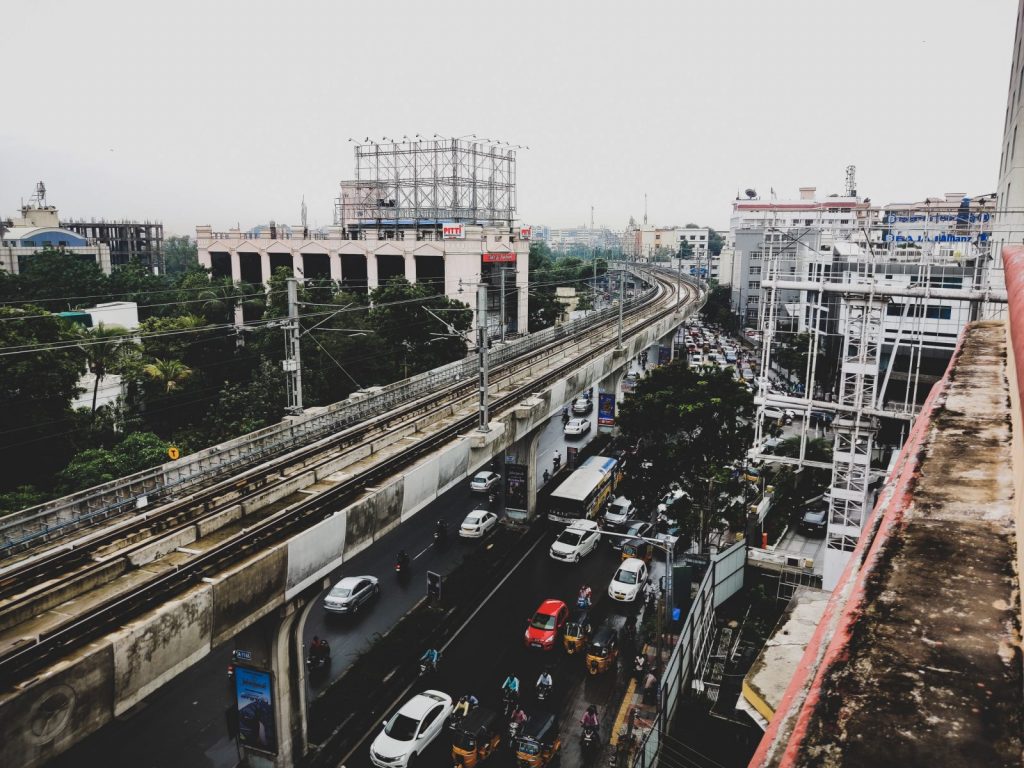
For the transport sector, the answer is no more petrol and diesel vehicles. We know many businesses are on board with this already.
Through our electric vehicle initiative, EV100, multinationals have so far committed to switch 4.8 million cars from their corporate fleets to electric by 2030.
They’re also helping to solve the chicken and egg charging challenge by installing EV charge points. This is not only seen as a selling point and benefit for customers and employees, but the visibility of this infrastructure also helps to alleviate range anxiety and give the public confidence that they can charge when they need to.
Despite all this, a lack of EV supply is the biggest barrier to faster progress for businesses. For years automakers have raised the lack of demand as a problem for moving faster on EVs, but this is clearly no longer the case. So right now, manufacturers have a choice: get ahead of the curve and seize the market opportunities, or lag behind and get hit by harsher regulations, while losing their largest customers. At the same time, ambitious government commitments and robust policy measures today will be equally vital for setting the direction of the clean transport transition.
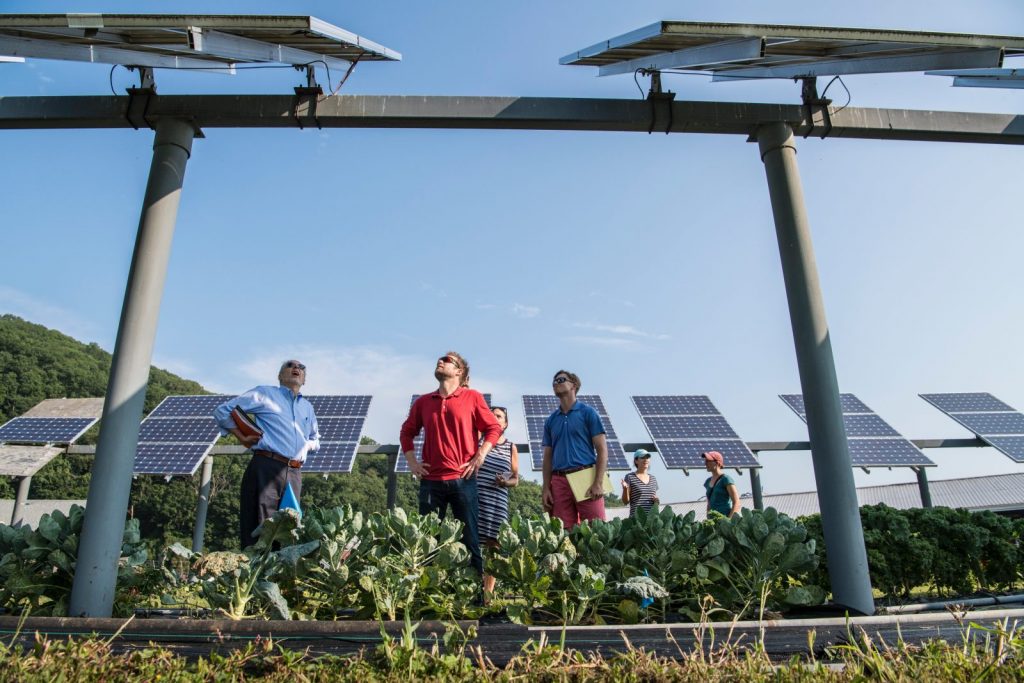
For the energy sector, by 2030 we need to have moved our systems off fossil fuels and onto renewables.
Governments have an opportunity to accelerate the clean energy transition by making investment in renewables, where costs continue to plummet, a key part of stimulus packages to kickstart economies. Investing in renewables can stimulate the job market and economic development, while bringing down emissions and fostering further innovation.
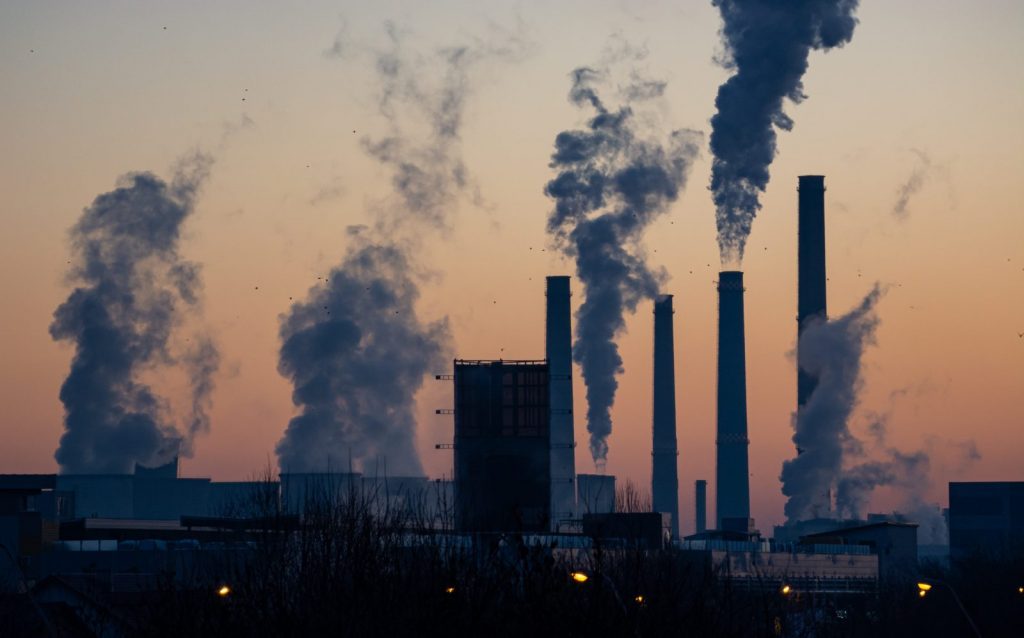
And lastly, for heavy industry, we know we need a radical decarbonisation of the harder to abate sectors for the Paris Agreement to be successful.
Currently, industrial emissions account for 30% of global greenhouse gas emissions. Without urgent action this is projected to rise, meaning the sector will be the largest contributor to emissions globally by 2030.
The research, development, deployment and wide-scale commercialisation of decarbonisation technologies within heavy industry requires a 10-15-year horizon to fully mature and pay off. These long investment cycles in harder to abate sectors means industrial businesses face significant economic challenges, which is why we need government stimulus policies put in place today to achieve those long-term climate targets.
Steel and cement companies, with the support of governments, need to make big decisions and investments now to not be curtailed in the next decade. Improving energy efficiency and shifting to renewables within sectors like steel in particular – which is the world’s most widely used material – offers huge potential for bending the global emissions curve. And while the technologies already exist for a net zero steel sector by mid-century, but we desperately need to speed up this transition.
We’ve seen through our 2050 Pathways work with governments in the Under2 Coalition that by starting with a long-term emissions reduction goal, and then working backwards to identify the intermediate steps and milestones needed to achieve it, the result is a highly effective and practical plan of action. It also leads to a better understanding of the costs, risks, trade-offs and co-benefits associated with different policy approaches. In other words, backcasting works.
I’ve banned the phrases ‘unprecedented’ and ‘the new normal’ from the Climate Group lexicon, but it must be said we all have a huge opportunity to redefine what the world ahead of us looks like.
And given we often characterise a decade by the social and economic trends of the time – the roaring twenties, the swinging sixties, the 80s of Wall Street and the free market – in spite of everything that has happened this year, we must not let the focus of this decade move away from climate. This century, the 20s must be the Climate Decade.


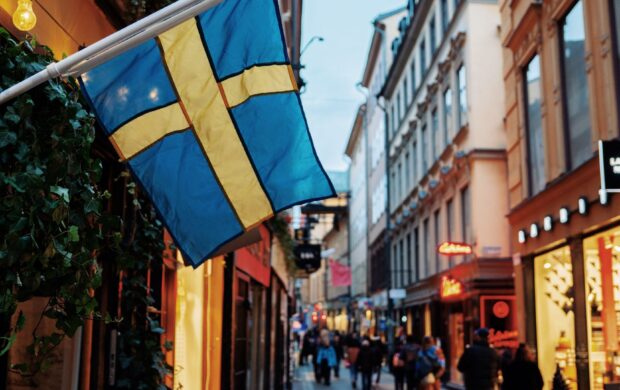





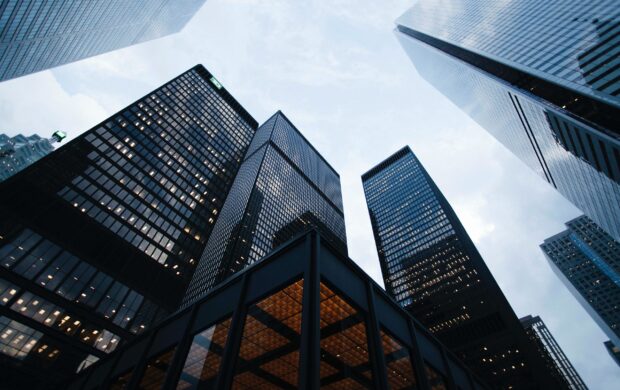







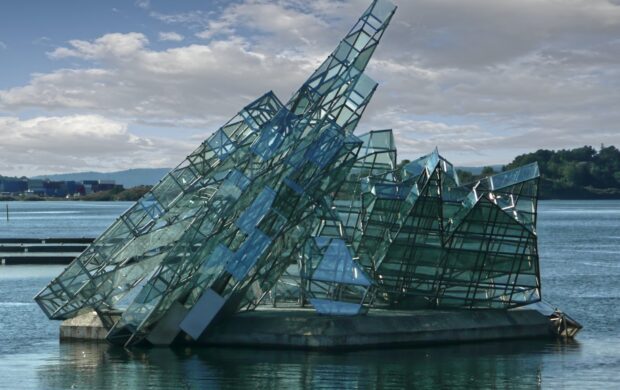

Join discussion